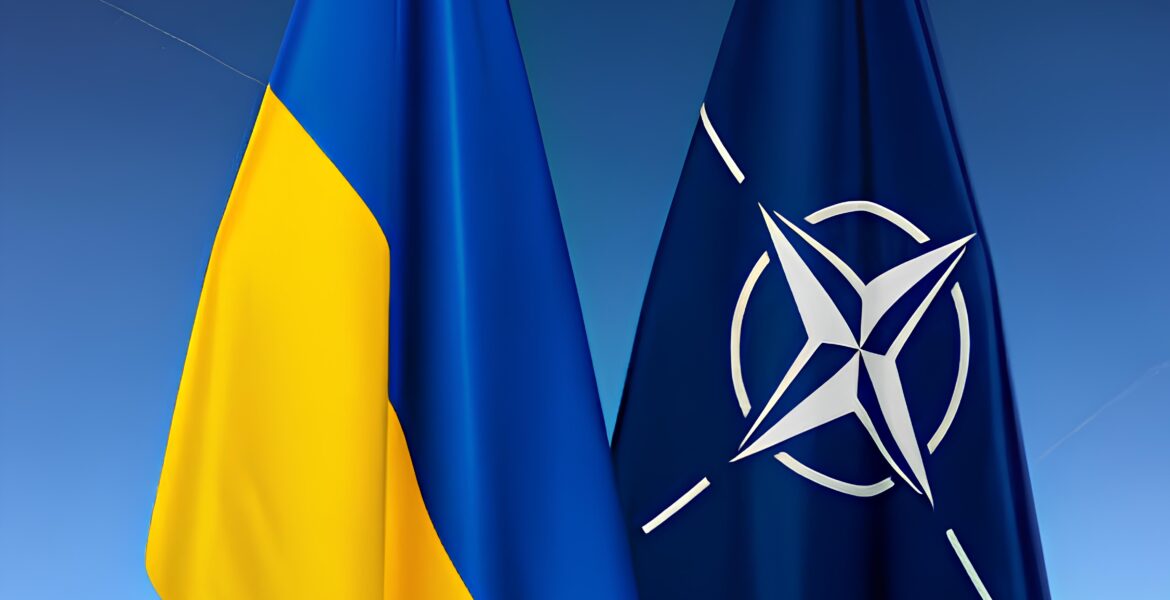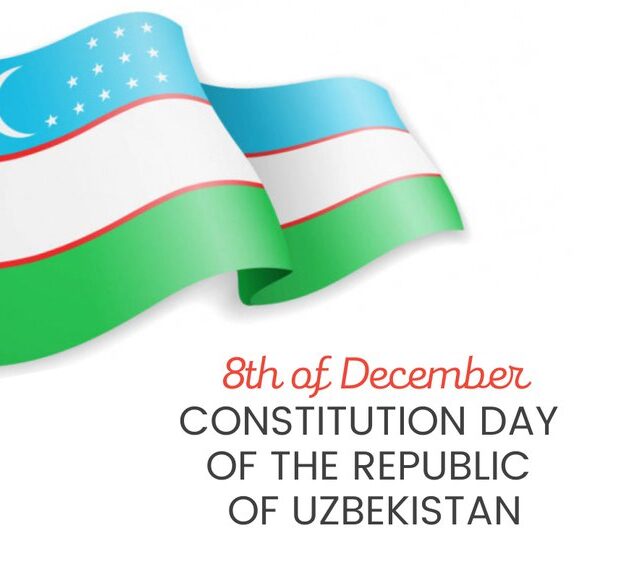From 9th to 11th July Washington will host the 75th anniversary summit of NATO, a pivotal event with profound implications, particularly for Ukraine. Amid the ongoing Russian war of invasion, this summit holds exceptional significance for Ukraine, NATO member states, and other nations confronting Russian aggression. Strategic discussions at the summit will focus on strengthening regional defence capabilities and security measures, alongside enhancing support for Ukraine in its resistance against Russia.The summit will also facilitate coordination and information exchange among allies, aiming to counter Russian aggression and enhance international stability and security more effectively.
For three years now, the Ukrainian people have courageously resisted unprovoked Russian aggression, necessitating comprehensive international support. Just in the past week, Russia launched over 600 guided aviation bombs, about 60 Shakhed drones, and nearly 40 missiles of various types against Ukraine. Such attacks emphasise the urgent need for support for Ukraine.
Since Russia’s full-scale invasion of Ukraine in February 2022, Russian forces have deliberately targeted Ukraine’s civilian infrastructure, including residential homes, energy facilities, medical and educational institutions. These attacks aim to intimidate civilians, create a humanitarian crisis, and provoke mass refugee migration into Europe. As of July 2024, more than 6.5 million people have fled Ukraine, with approximately 6 million residing in Europe. The country also hosts around 3.7 million internally displaced persons, and over 14.6 million people require humanitarian assistance due to the war.
Recently, US Secretary of Defense Lloyd Austin announced a new $2.3 billion aid package for Ukraine, demonstrating NATO’s resolve to defend democratic values and international law. NATO Secretary General Jens Stoltenberg remarked, “Ukraine is approaching NATO,” emphasizing that additional funding, military support, and security agreements will serve as a “bridge” to Ukraine’s future NATO membership.
Supporting Ukraine is not only an act of solidarity for NATO member states but also a strategic step to enhance their own security. Belgium, for instance, has provided significant assistance to Ukraine in its fight against Russian aggression. In 2024 alone, Belgium allocated 977 million euros for military aid, including F-16 fighters and air defence and security coalition equipment.
Beyond military aid, Belgium actively provides financial support to Ukraine, contributing 1.7 billion euros to a special fund. These funds are designated for purchasing military equipment, humanitarian aid, and financing the reconstruction of Ukraine’s most devastated regions. Belgium has also allocated 109.7 million euros for humanitarian aid, ensuring basic services such as food, clean water, medical assistance, and education through international agencies like the International Committee of the Red Cross, UNICEF, and UNHCR.
Belgium’s Minister of Foreign Affairs, Hadja Lahbib, expressed serious concerns about the potential expansion of Russian aggression beyond Ukraine’s borders. Addressing the possibility of Russian tanks invading Brussels, she stated, “If we allow Putin to go his way, it is not an impossible scenario.” This statement reflects growing international apprehension that the Russian aggressor may not stop at Ukraine and could pose a threat to other European countries.
International support is crucial for Ukraine, not only to strengthen its defense capabilities but also to meet the humanitarian needs of its civilian population. The international community needs to continue providing comprehensive support to Ukraine to counter Russian aggression and mitigate its impact on civilians. NATO should play a pivotal coordinating role in ensuring Ukraine receives the necessary arms, air defence systems, and financial support to achieve victory, thereby ending the war with Russia.
The 2024 NATO Summit in Washington represents a critical opportunity for Ukraine to convey its position and needs to the global community. Decisions made at this summit will have long-term implications not only for Ukraine but also for the security and stability of all Europe. It is essential that the summit demonstrates Moscow’s lack of prospects for victory over Kyiv and reaffirms NATO’s support for Ukraine’s sovereignty and territorial integrity.




